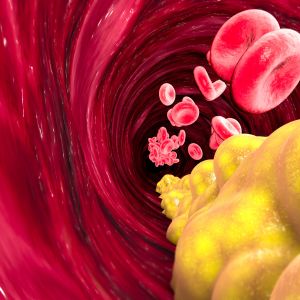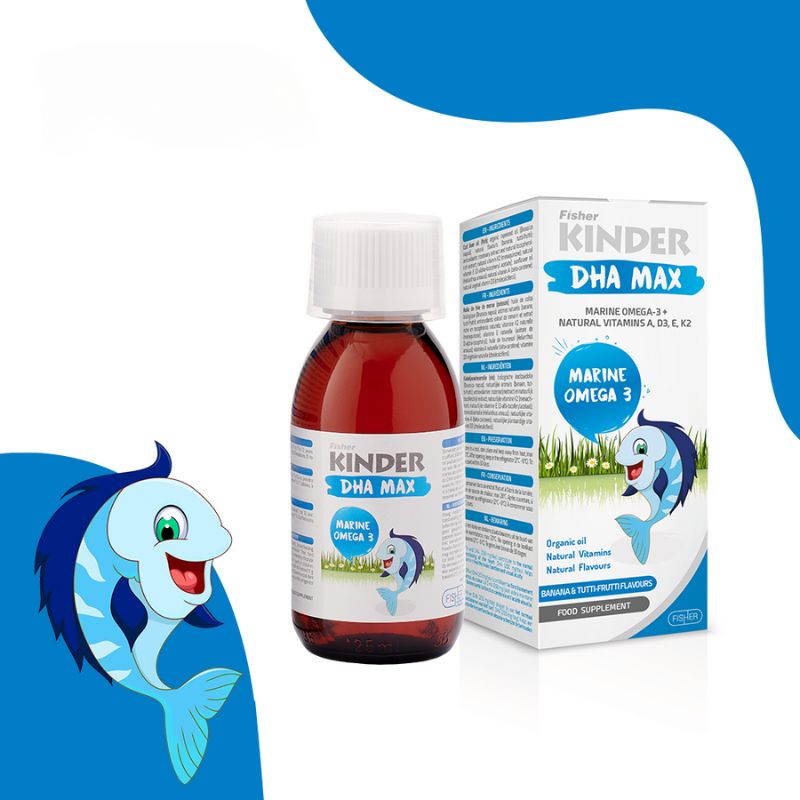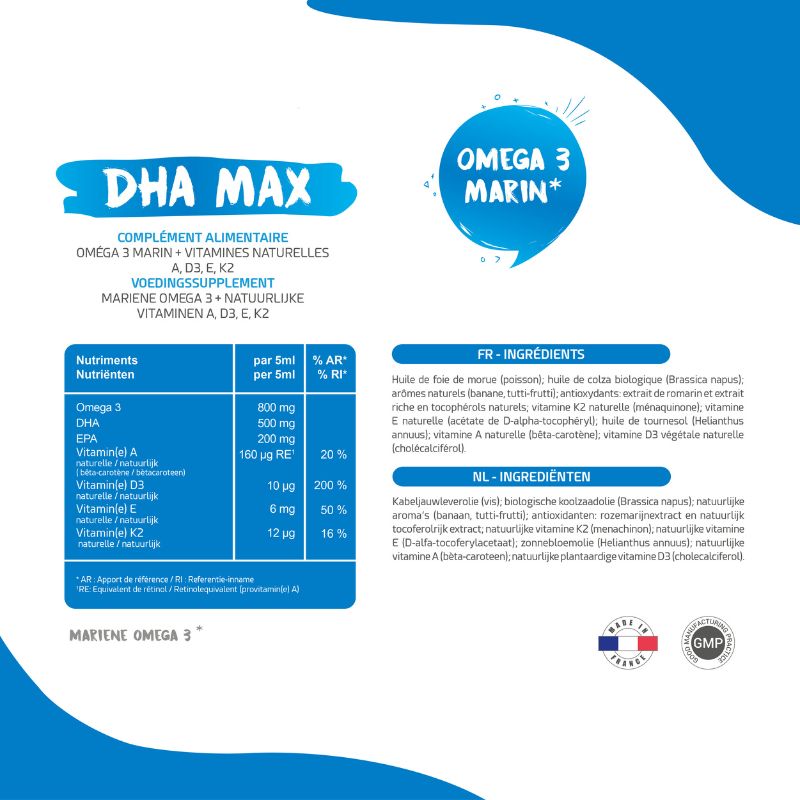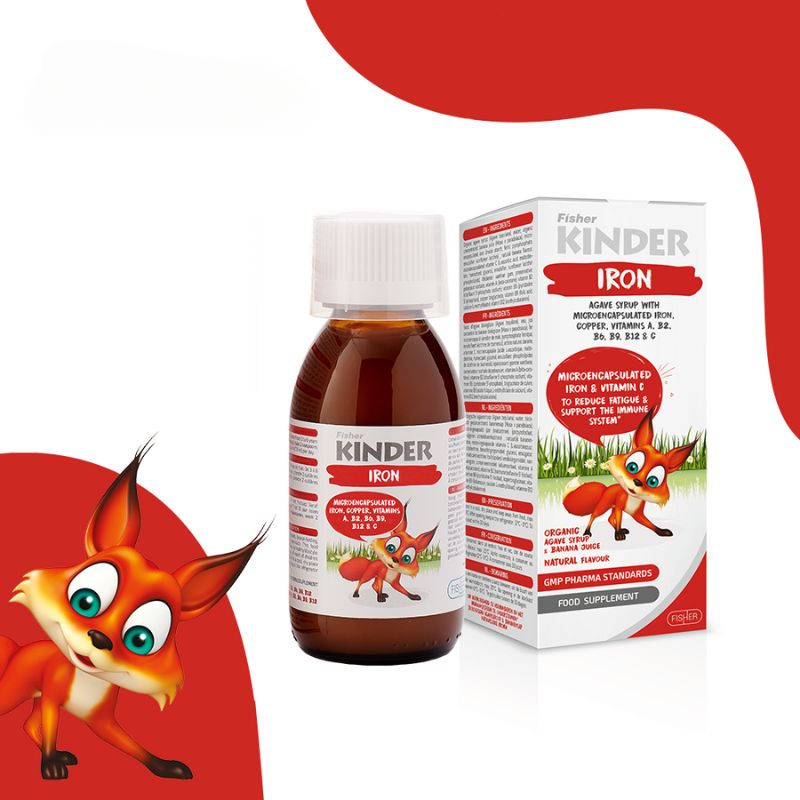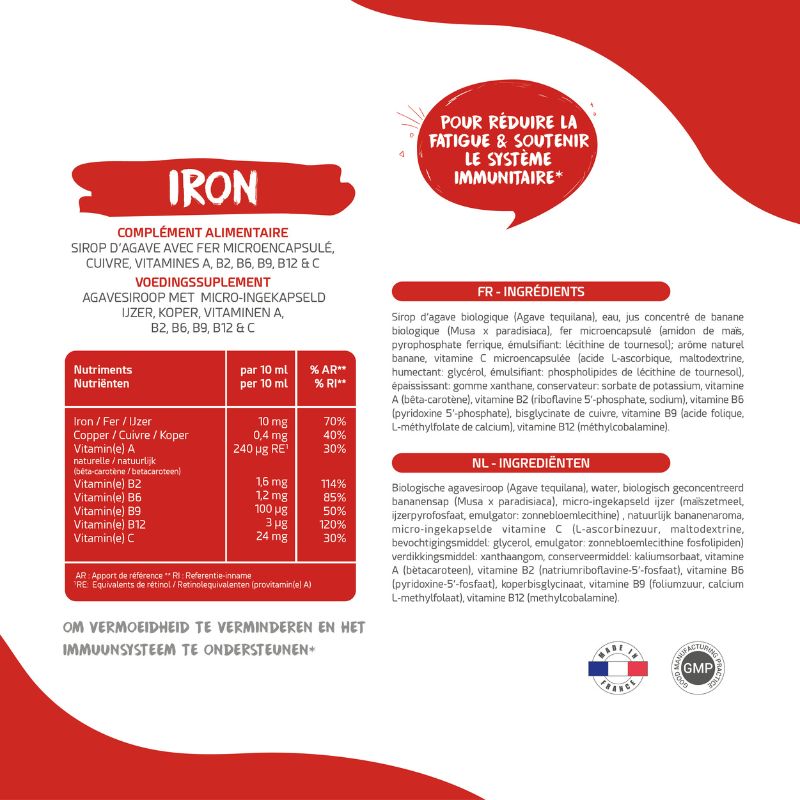Is vitamin K2 dangerous?
There has been no study that says vitamin K2 is dangerous for the human body.
As vitamin K2 is present in animal-based products like dairy products cheese, butter and meat products like fatty fish, chicken breast, so it is advisable to consume these products in moderate quantity.
Some of these foods are high in calories or saturated fats and cholesterol and are not good for hearth health.
People who are on blood thinning medications should not consume food which is rich in vitamin K2 as it may result in blood clots.
